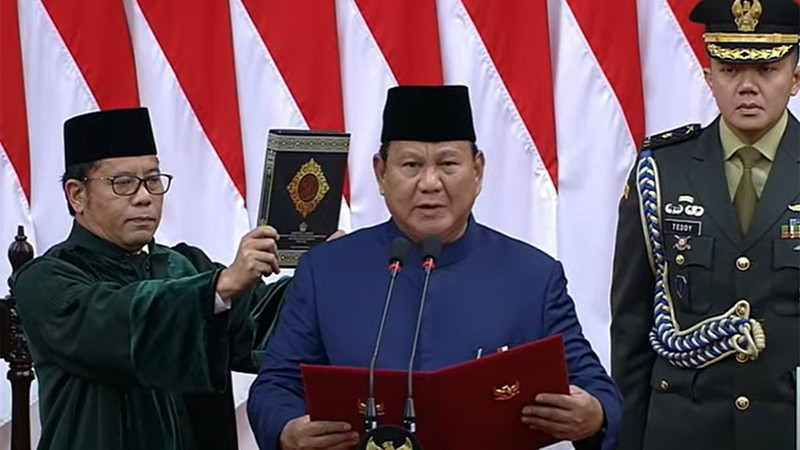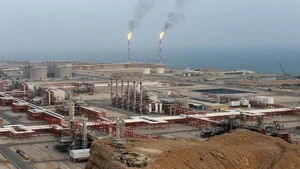President Prabowo Subianto took the oath of office in October 2024, succeeding his predecessor Joko Widodo. He has continued ongoing policies, including constructing the new capital Nusantara, while launching new initiatives focused on public welfare. Though the plans implemented over the past three months have met with mixed reactions, positive results and public support suggest this is the right direction.
The Centre of Economic and Law Studies (CELIOS) suggests that the government’s fiscal space has been constrained to fund the free meals programme for children. While this is seen as progress towards reducing child malnutrition, some experts disagree with the implementation method. According to CELIOS, the new government had to compromise, adjusting their last-minute plan to increase value-added tax on most goods, instead focusing only on luxury items.
Contrary to CELIOS’s view, a survey by the Kompas newspaper revealed that 80.9% of respondents were satisfied with the new government’s performance. The majority positively viewed the plans to boost the economy and ensure security and social welfare. Kompas noted that the new government received high approval ratings for swiftly implementing the president’s campaign promises. This also demonstrates support for Prabowo Subianto’s people-centric policies.
Evidence shows that since its launch in early January, the free meals programme has reached approximately 650,000 children across 31 provinces. By the end of 2025, the programme is expected to reach all children in Indonesia.
Indonesia’s efforts towards food and energy self-sufficiency have witnessed significant progress. According to President Prabowo Subianto, Indonesia will not import rice, corn or salt in 2025. He maintained that Indonesia should not depend on external supplies, particularly with the current global instability.
Recently, Indonesia launched dozens of projects crucial to modernising its energy infrastructure. At the groundbreaking ceremony for a hydroelectric plant in West Java, Prabowo Subianto expressed confidence that these projects would provide a solid foundation for Indonesia’s transformation into a modern industrial nation, improving people’s living standards and reducing poverty.
In multilateral cooperation, Indonesia consistently pursues a constructive approach. Foreign Minister Sugiono affirmed this when discussing Indonesia’s joining of BRICS, a group of leading emerging economies. In the announcement about new members, Brazil, as BRICS Chair for 2025, emphasised that Indonesia and other members share views on reforming global governance institutions and contributing positively to enhancing cooperation in the Southern Hemisphere.
ASEAN and cooperation with its member states remain central to Indonesia’s foreign policy. Before taking the oath of office, Prabowo Subianto visited several Southeast Asian nations to discuss bilateral cooperation and shared regional and international concerns. Recently, President Prabowo Subianto visited Malaysia, the ASEAN Chair for 2025. Though brief, the visit was fully utilised to strengthen bilateral relations. Indonesia pledged to support Malaysia’s ASEAN Chairmanship, promoting closer cooperation among member states.
President Prabowo Subianto emphasised that the new administration is in the early stages of its five-year term. The “Red and White Cabinet”, reflecting the colours of Indonesia’s national flag, will strive to achieve its objectives and deliver even more positive results for the benefit of its people.
















